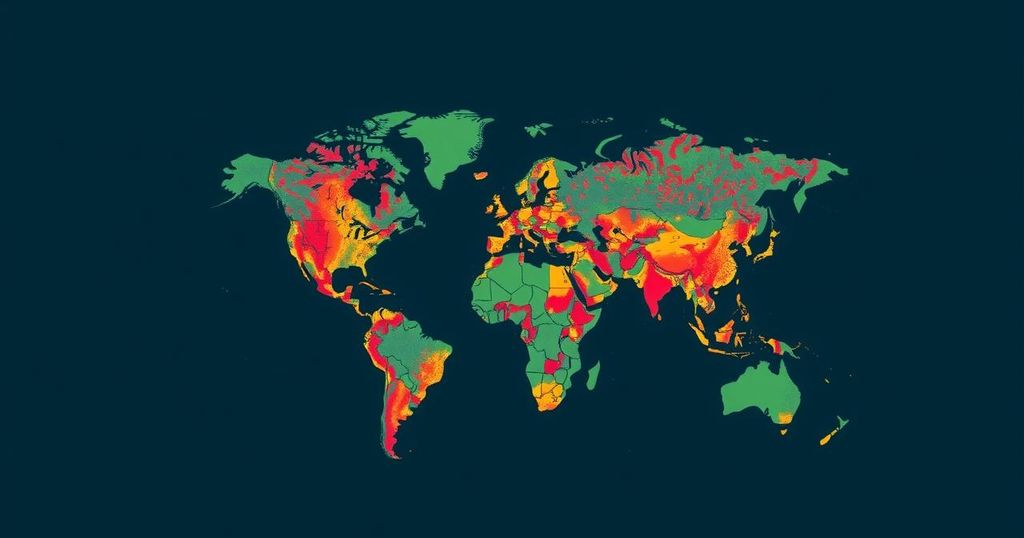Climate Change Producing Unprecedented Health Threats, Warns Major Report

A recent report by the Lancet Countdown reveals that climate change is causing unprecedented threats to public health, with significant increases in heat-related deaths and diseases. Released amid extreme weather conditions, it highlights the urgent need for immediate action to mitigate these health risks. While there are positive signs, such as a decrease in pollution-related deaths, experts stress that swift interventions are crucial to prevent dire health outcomes.
A recent comprehensive report emphasizes that climate change is increasingly threatening public health in unprecedented manners. Released amid a backdrop of historically high temperatures and extreme weather phenomena, including heatwaves and hurricanes, this report serves as a clarion call for immediate action. Compiled by 122 experts, including members from renowned organizations like the World Health Organization, the report from the Lancet Countdown highlights alarming trends: of 15 critical health indicators tracked over eight years, 10 have reached concerning new highs. Specific issues include a 167 percent rise in heat-related deaths among the elderly since the 1990s and a dramatic increase in mosquito-borne diseases, notably dengue cases, which surged to over five million last year. Moreover, the alarming rate of deforestation—with approximately five percent of the world’s tree cover lost from 2016 to 2022—has further limited the Earth’s ability to absorb carbon dioxide. Despite these dire warnings, fossil fuel production continues to escalate, fueled by governmental subsidies and record profits reported by major oil and gas companies. Nonetheless, some positive developments have been noted, such as a decrease in deaths from fossil fuel-related air pollution and an uptick in the share of clean renewables in electricity generation. Experts assert that crucial discussions around climate and health at upcoming meetings like COP29 could lead to health-focused climate strategies. However, they urge that immediate, decisive measures are necessary to avert potential health crises in the near future. By adopting environmentally friendly practices, individuals can also contribute to this urgent cause.
The report under discussion is the eighth edition of the Lancet Countdown on health and climate change, which draws on the expertise of 122 specialists from various organizations, including UN agencies. The context of the report is critical, as it was released during a year projected to be the hottest on record, alongside experiencing many severe climate-related disasters. The report underscores the intertwined nature of climate challenges and public health, highlighting how inaction has detrimental effects on population well-being. This document serves as both a warning and a guideline for urgent intervention strategies to mitigate the escalating threats posed by climate change.
In conclusion, the Lancet Countdown report elucidates the myriad threats to public health that are advancing due to climate change. With record increases in extreme weather events, rising mortality due to heat exposure, and the proliferation of infectious diseases, it is evident that immediate action is imperative. The data presented calls for a collaborative global response, both at governmental and individual levels, to adopt sustainable practices and invest in renewable energy sources. Failure to act swiftly may result in irreversible health consequences for populations worldwide, necessitating a physical and political commitment to address climate change starting now.
Original Source: jen.jiji.com







